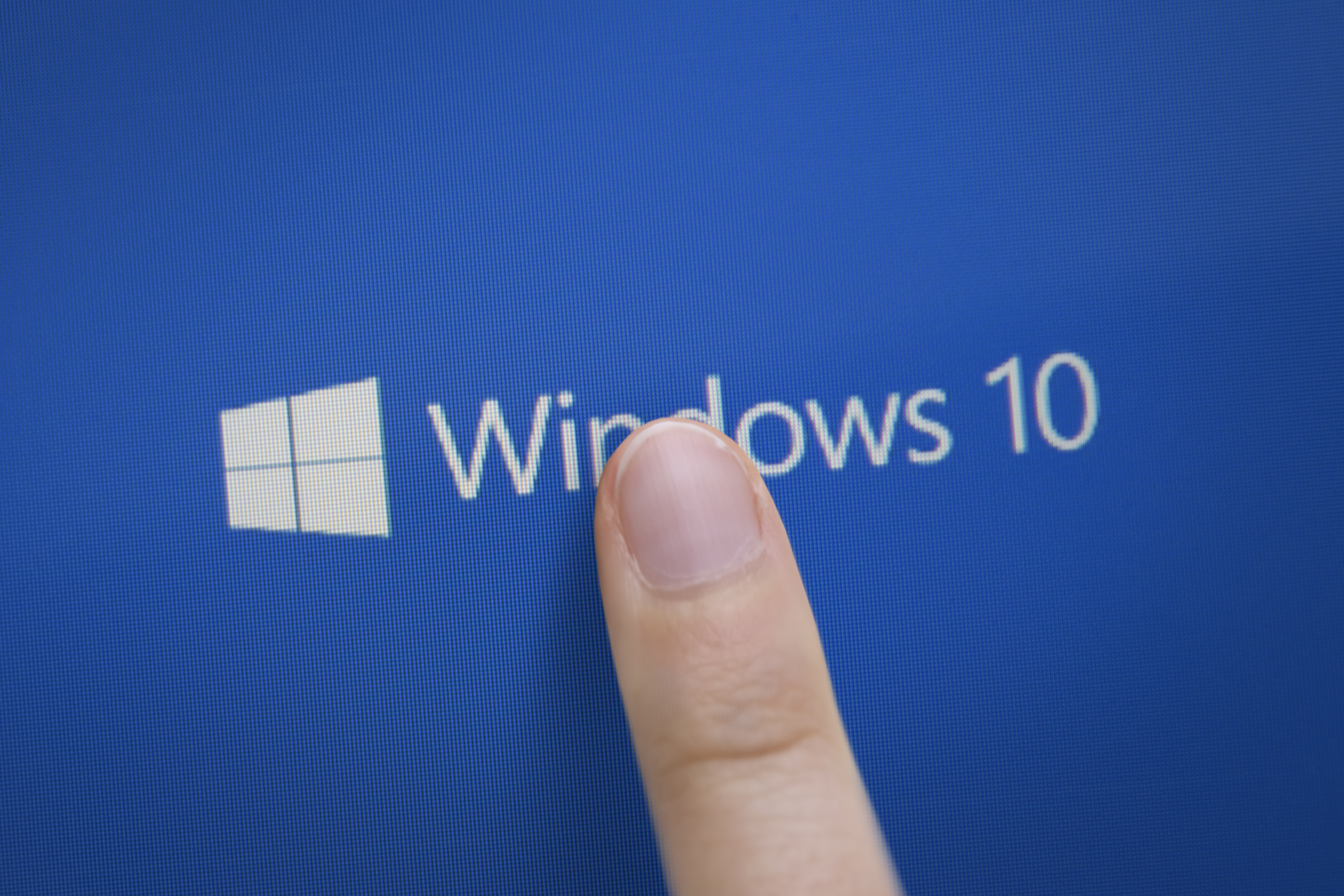Lawrence Klein, who’s based in Southern California, filed a complaint against Microsoft in the San Diego Superior Court over its plan to discontinue support for Windows 10 by October 14, 2025. According to the Courthouse News Service, Klein owns two Windows 10 laptops, both of which will become obsolete come October. He asserts that Microsoft is making this move “to force its customers to purchase new devices optimized to run Microsoft’s suite of generative artificial intelligence (AI) software such as Copilot, which comes bundled with Windows 11 by default.”



It isn’t a question of “How long are they supposed to support it for”; it’s a matter of “Don’t artificially break things”.
As to Linux distro EOLs, they’re are bad examples for several reasons:
Not that I disagree, but 10 years is a massive jump in hardware performance.